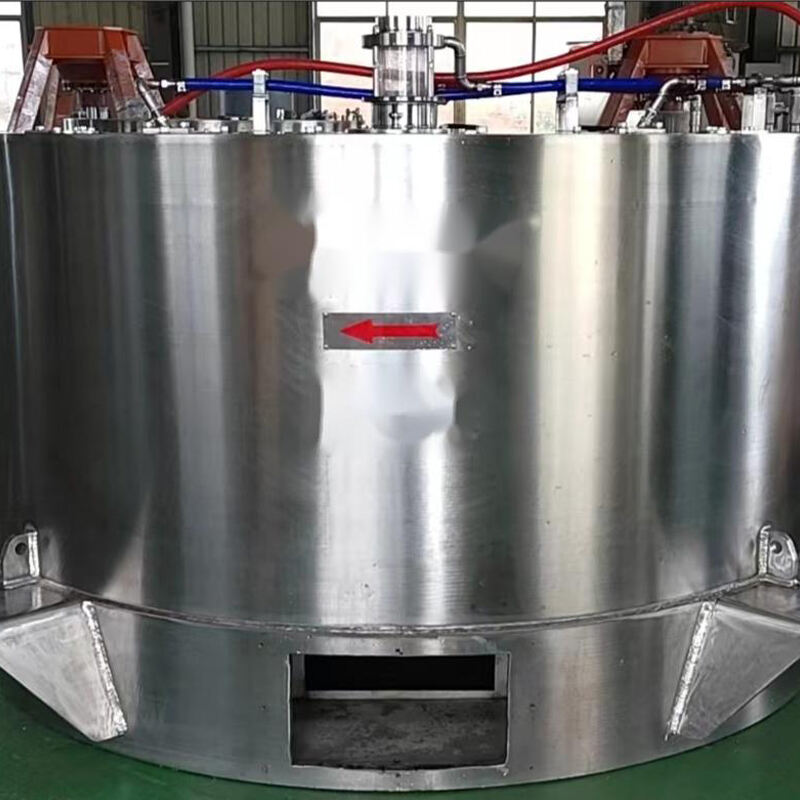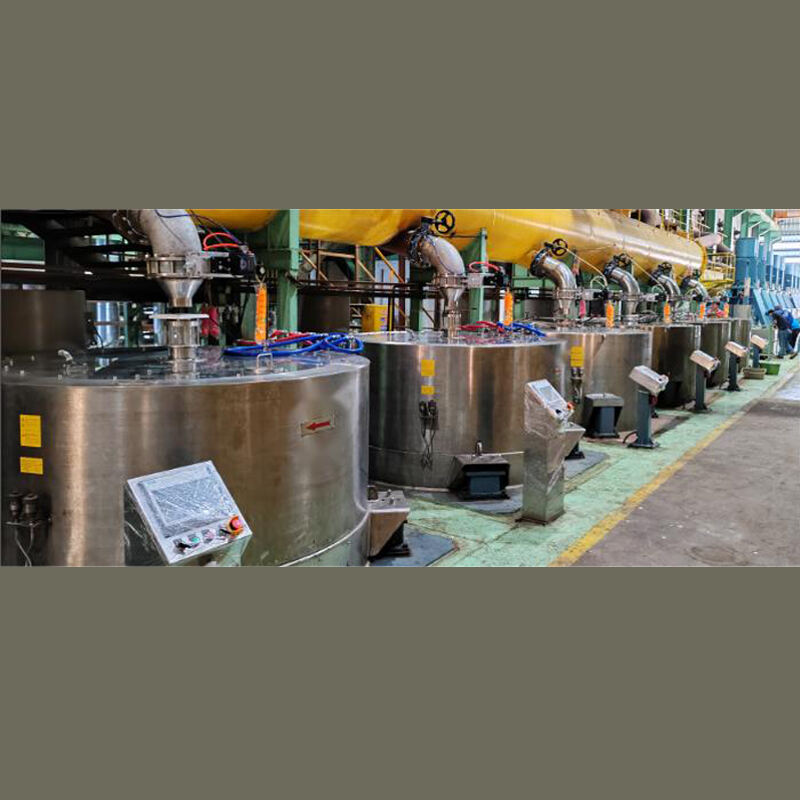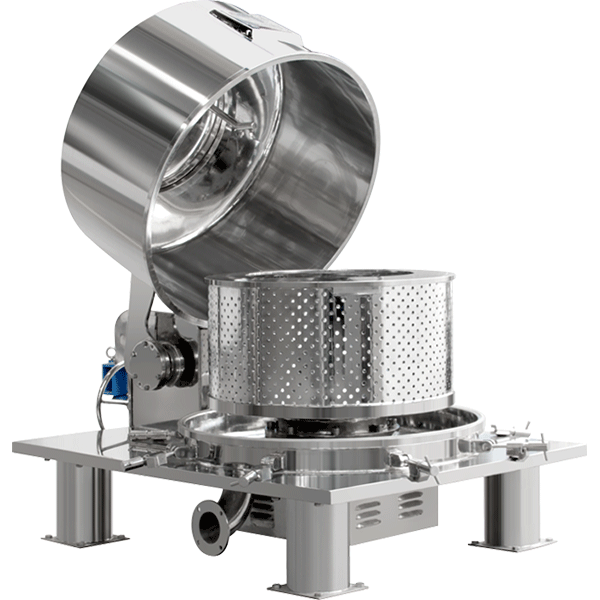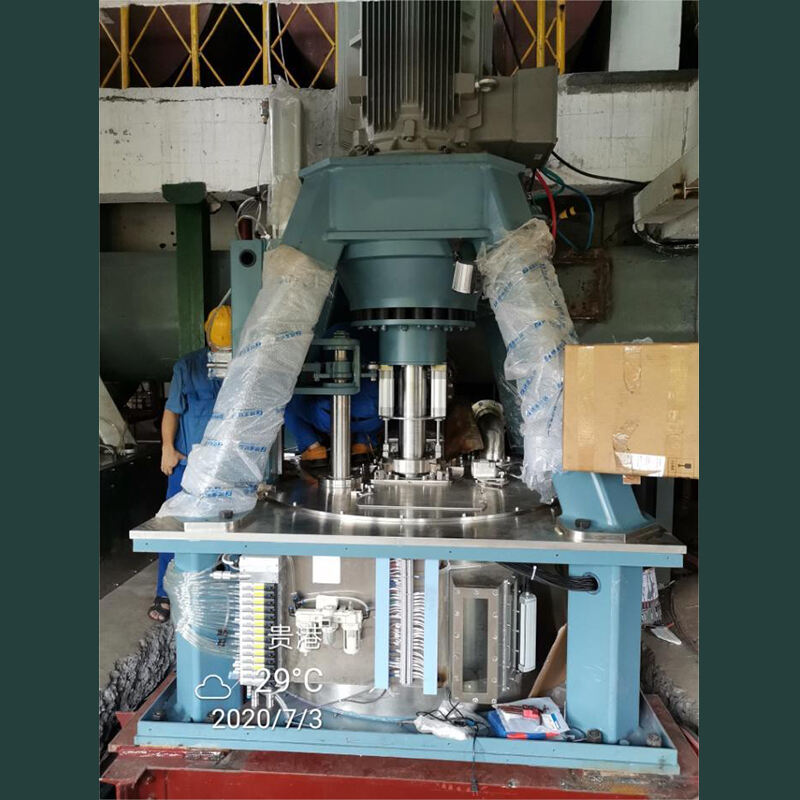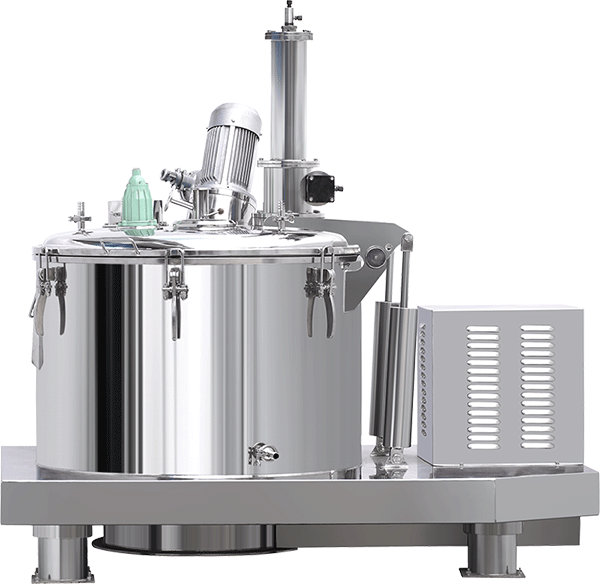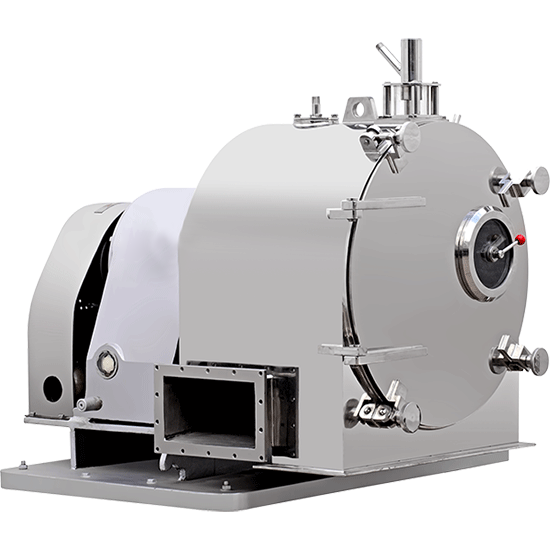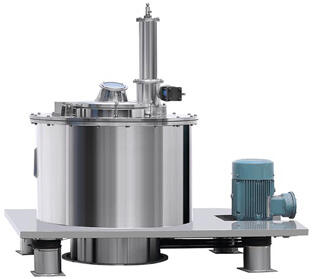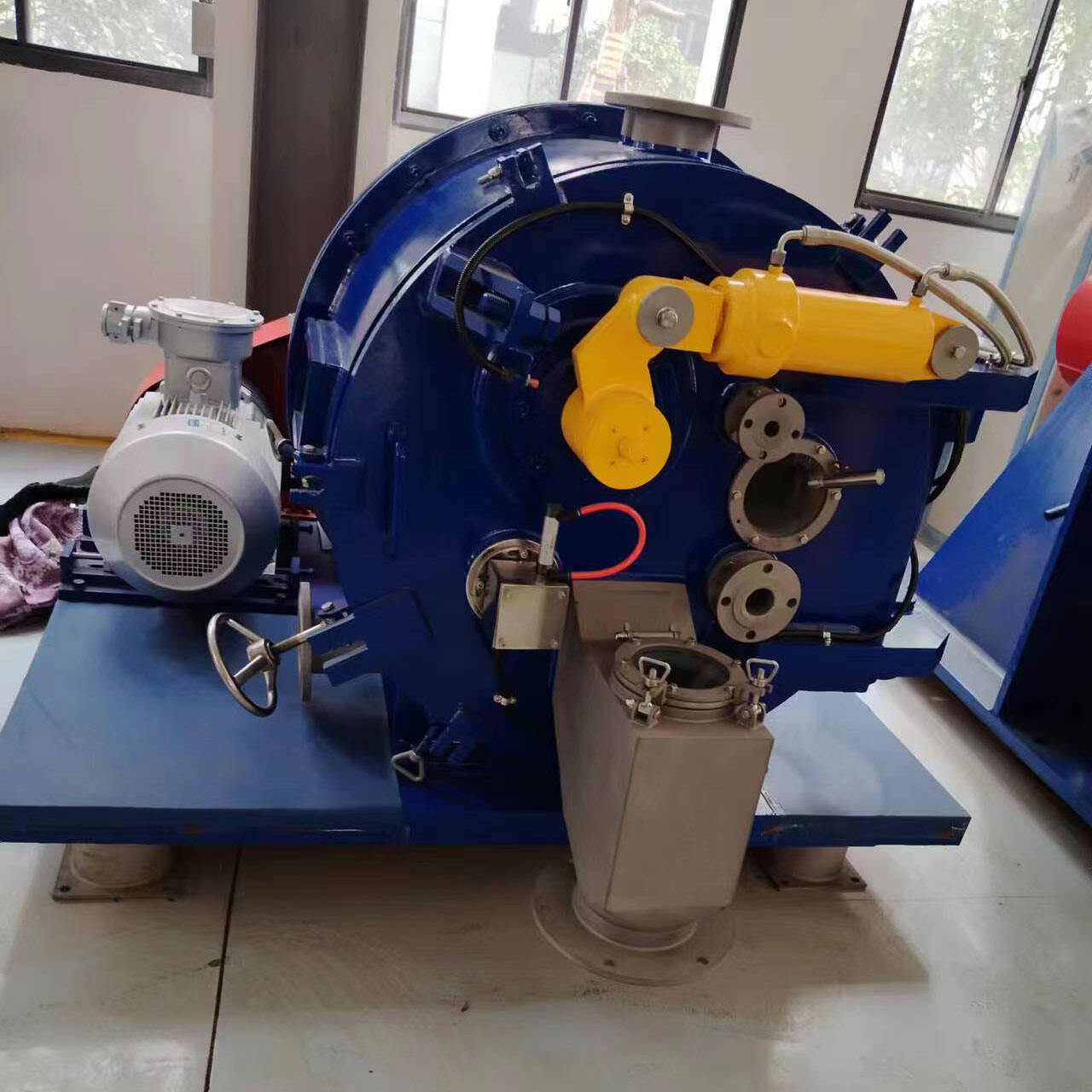- Description
- Parameter
- Framework
- Features
- How it works
- Related Products
Description
Due to its excellent separation capacity, centrifugal discharge centrifuges are widely used in many fields, including chemical, petroleum, food, pharmaceutical, mineral processing, coal, water treatment and ships. It improves production efficiency and guarantees product quality through a rapid and efficient separation process.
Parameter
| Model | Diameter | Rotate speed | Separation factor | B Sugar processing capacity | C Sugar processing capacity | Motor power |
| SL1350 | 1350 | 1900 | 2730 | 15-25 | 10-20 | 75 |
| SL1450 | 1450 | 1800 | 2630 | 18-30 | 12-22 | 90 |
| SL1550 | 1550 | 1700 | 2508 | 22-35 | 16-25 | 110 |
Framework
The main structure of centrifugal discharge centrifuge includes base, fuselage, feed tube, buffer plate and screen blue bracket. These components work together to ensure the efficient operation of the machine and the effective separation of substances.
Features
Performance characteristics: Centrifugal discharge centrifuges are designed to achieve efficient material separation while maintaining low operating costs and high reliability. This type of centrifuge has a high degree of automation, reducing the workload of the operator and improving production safety.
Technical advantages: compared with the traditional unloading method, the use of centrifugal force unloading can more accurately control the separation and discharge process of materials, reducing the loss and waste of materials.
How it works
During the operation of centrifugal discharge centrifuge, the rotor rotates at high speed to produce strong centrifugal force, which accelerates the settlement of particulate matter in the liquid. In this process, substances with different sedimentation coefficients and buoyancy densities will be separated according to their physical properties. The shape and speed of the drum are important factors affecting the separation effect.


